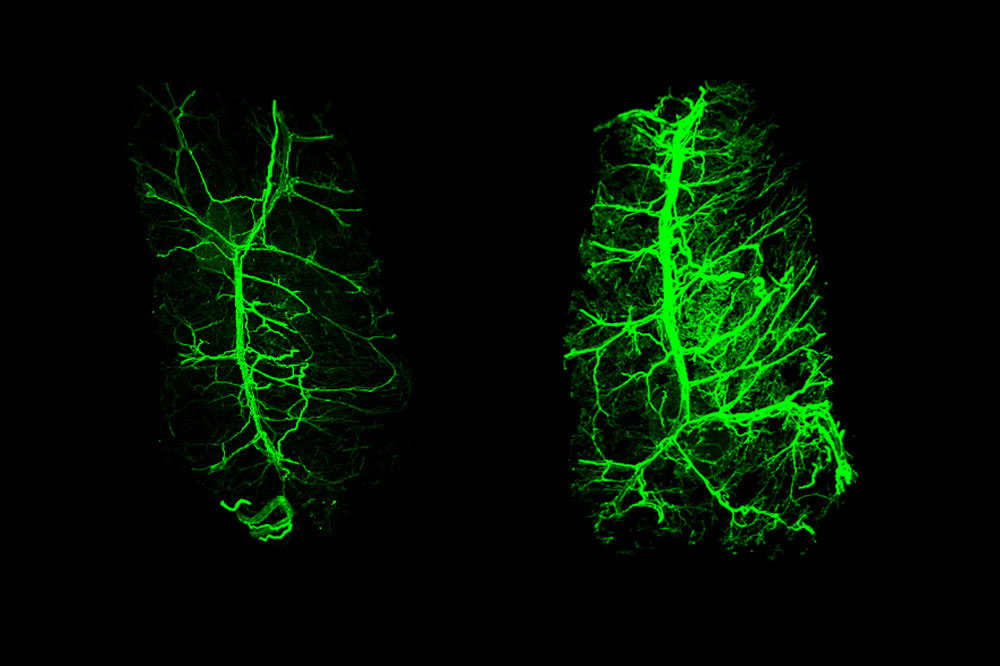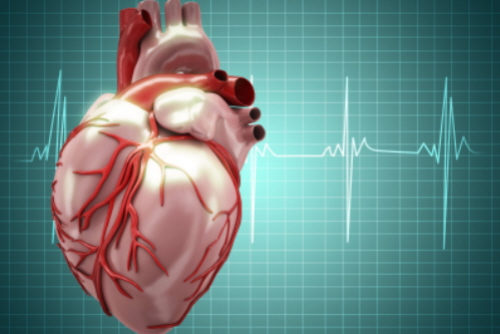
Contact: Steven Lee, (210) 450-3823, lees22@uthscsa.edu
Weight-maintaining hormone key to brain-signal transmission. A study more closely links obesity to dementia, finding that leptin, a hormone that helps maintain normal body weight, is associated with better signal-transmitting brain white matter in middle-aged adults.
New research is more closely linking obesity to dementia.
Higher levels of leptin, a hormone that helps maintain normal body weight, is associated with better signal-transmitting brain white matter in middle-aged adults, according to a study by The University of Texas Health Science Center at San Antonio (UT Health San Antonio).
“The findings support the known role of leptin variations in late-life d...
Read More









Recent Comments